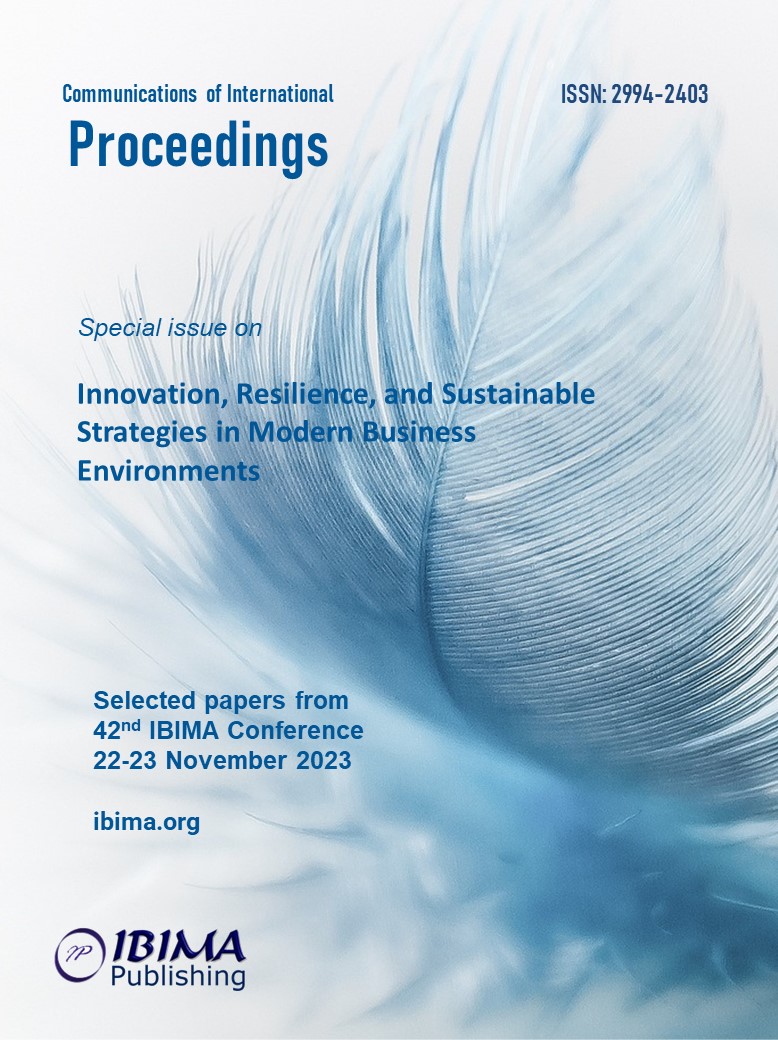
1Karol Franciszek ABRAMEK, 1Wawrzyniec GOŁĘBIEWSKI, 1Tomasz OSIPOWICZ, 1Wojciech LEWICKI and 2Oleh KLYUS
1West Pomeranian University of Technology in Szczecin
2Maritime University of Szczecin, Poland

Modern researchers have no doubt that the issue of road transport emission is still an inexhaustible research area. The aim of the research is to assess carbon dioxide emissions and efficiency factors of vehicles equipped with conventional drive units (ICE) as well as hybrid and electric ones in the scope of the green transformation awaiting individual transport. Emission modeling in g/km was carried out based on measurements of the operational parameters of compression-ignition engines on an engine dynamometer according to external characteristics, and external characteristics were created for vehicles with electric and hybrid engines based on the manufacturer’s data. Studies have shown that electric vehicles are the most operationally efficient for urban areas. They do not generate toxic emissions and are characterized by the highest efficiency, which affects the total energy consumption. It was confirmed that the lowest carbon dioxide emissions are characteristic of new generation compression ignition engines, while the lowest thermal efficiency occurs in the oldest generation compression ignition engines. The study is addressed to both vehicle users and government administration in connection with the planned transformation of road transport after 2035.